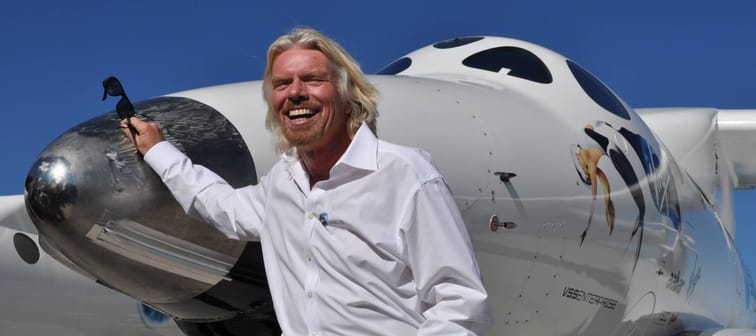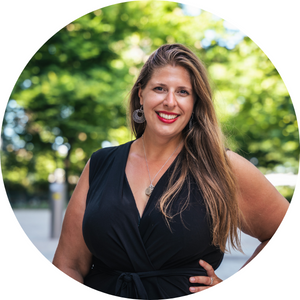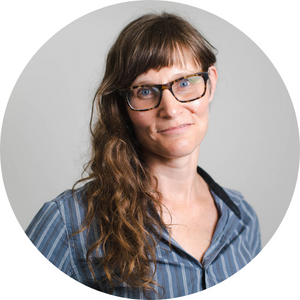Turning a learning challenge into a superpower
Branson went off to boarding school at the age of seven, but struggled with dyslexia, which he wasn’t officially diagnosed with until his twenties.
“I had no idea what dyslexia was, I just assumed that I must be a little bit thick,” Branson says, explaining he struggled with subjects like algebra and Latin — in part, because he wasn’t interested in learning them.
However, in recent years, Branson has compared his dyslexia to a superpower. He describes himself as inquisitive and interested in learning new things, especially things that he feels other people aren’t doing so well in.
It’s this mindset that has helped him hone in on the skills and projects he’s passionate about and delegate tasks that he doesn’t excel at to other people. Being self-aware of your strengths and weaknesses — and other people’s — is crucial when you’re running your own business or managing employees.
Invest in real estate without the headache of being a landlord
Imagine owning a portfolio of thousands of well-managed single family rentals or a collection of cutting-edge industrial warehouses. You can now gain access to a $1B portfolio of income-producing real estate assets designed to deliver long-term growth from the comforts of your couch.
The best part? You don’t have to be a millionaire and can start investing in minutes.
Learn MoreNurturing his entrepreneurial spirit
In his sit-down interview, Branson talks about his mother, Eve, who he describes as one of the first — although “not particularly successful” — entrepreneurs he learned from. He recounts his mother making table mats and repurposing pictures from books that she’d sell at department stores like Harrods or Harvel Nichols.
Branson credits his mother for instilling a sense of perseverance and adventure in him, to keep moving forward and pushing onto new and bigger things.
Branson actually dropped out of school at 15 and launched his first business with less than $2,000 after being handed an ultimatum from his headmaster to either focus on his formal education or continue running the student magazine. He worked from a dingy basement room and sometimes even in a tiny phone box to ring up advertisers, but threw himself into the project and considered it his new education.
Branson didn’t finish high school let alone go to college, but he did build his skills and gain valuable experiences by being willing to take risks and forge his own path. It can be hard to take a similar leap of faith — whether you’re starting your own business, pursuing a different career or investing in something new — but like Branson, you have the potential to reap large rewards in the future.
Choosing to diversify
While many entrepreneurs focus solely on a single project and pour all of their energy into that, Branson emphasizes the importance of changing, growing and adapting to different businesses as a way to succeed. His portfolio of businesses includes Virgin Atlantic, Virgin Hotels, Virgin Radio, Virgin Mobile and many more.
He shares the example of a record store — one of his first businesses — explaining that if he had stuck with that alone, instead of tapping into other ventures, he would be out of business today because those stores no longer exist.
But, perhaps equally important, diversification also keeps things exciting.
Branson espouses the golden rule of investing — don’t put all your eggs into one basket. It’s important to diversify your portfolio and invest in different stocks and assets. This way, if one sector takes a major loss, it won’t wipe out the rest of your investment holdings.
The richest 1% use an advisor. Do you?
Wealthy people know that having money is not the same as being good with money. Advisor.com can help you shape your financial future and connect with expert guidance . A trusted advisor helps you make smart choices about investments, retirement savings, and tax planning.
Try it now








